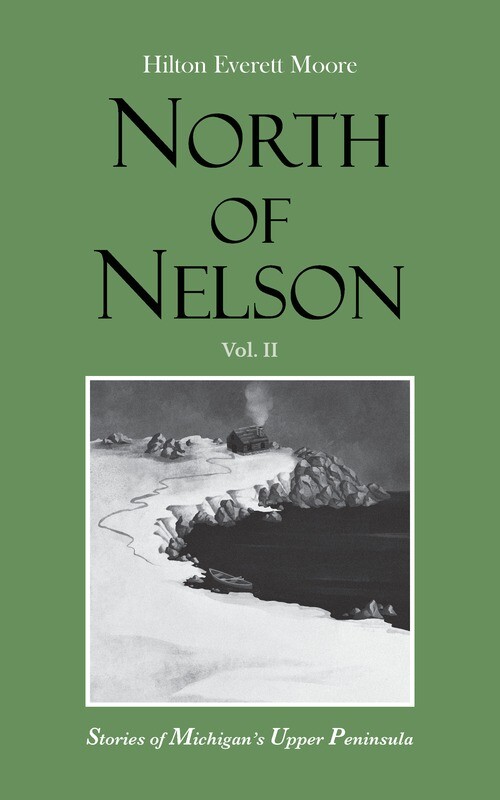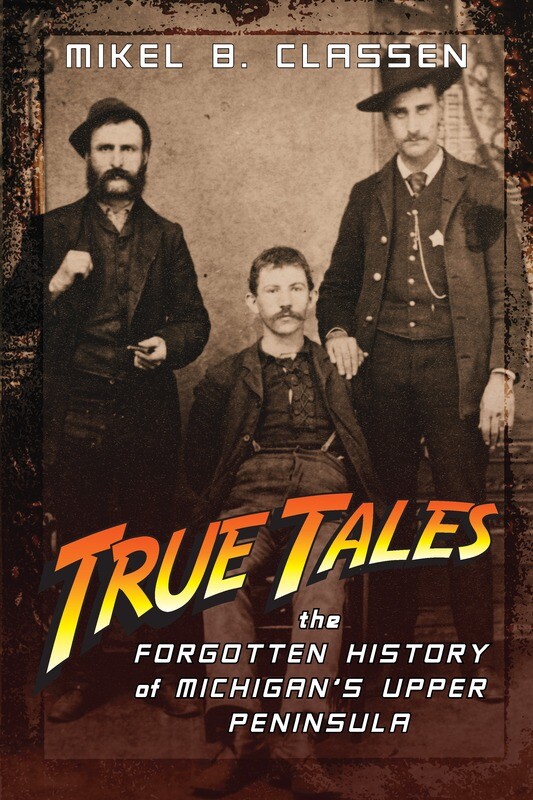The Upper Peninsula of Michigan – also known as Upper Michigan or colloquially the U.P. – is the northern and more elevated of the two major landmasses that make up the U.S. state of Michigan; it is separated from the Lower Peninsula by the Straits of Mackinac. It is bounded primarily by Lake Superior to the north, separated from the Canadian province of Ontario at the east end by the St. Marys River, and flanked by Lake Huron and Lake Michigan along much of its south. Although the peninsula extends as a geographic feature into the state of Wisconsin, the state boundary follows the Montreal and Menominee rivers and a line connecting them.
The Upper Peninsula contains 29% of the land area of Michigan but only 3% of its total population. Residents are nicknamed Yoopers (derived from “UP-ers”) and have a strong regional identity, enhanced by the perception that the rest of the state neglects them. Proposals have been made to establish the UP as a separate state, but have failed to gain traction. Its largest cities are Marquette, Sault Ste. Marie, Escanaba, Menominee, Houghton, and Iron Mountain. Because of the surrounding waters and northern latitude, it receives more snow than most of the eastern U.S. The heavily forested land, soil types, short growing season, and logistical factors (e.g. long distance to market, lack of infrastructure) make the Upper Peninsula poorly suited for agriculture. The region is home to a variety of wildlife, including moose, wolves, coyotes, deer, foxes, bears, bobcats, eagles, hawks, owls, and smaller animals.
Upper Peninsula MI
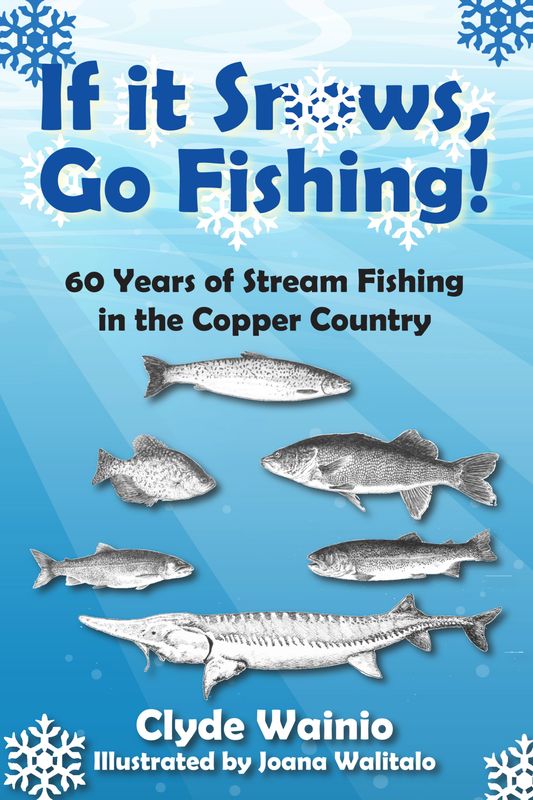
![U.P. Reader -- Volume #9 [HC] U.P. Reader -- Volume #9 [HC]](https://d2j6dbq0eux0bg.cloudfront.net/images/11280610/4864653156.jpg)
![U.P. Reader -- Volume #9 [PB] U.P. Reader -- Volume #9 [PB]](https://d2j6dbq0eux0bg.cloudfront.net/images/11280610/5038235033.jpg)
![Rescuing Crash, The Good Dog [HC] Rescuing Crash, The Good Dog [HC]](https://d2j6dbq0eux0bg.cloudfront.net/images/11280610/4800886227.jpg)
![Lumberjack [PB] -- RESALE ONLY Lumberjack [PB] -- RESALE ONLY](https://d2j6dbq0eux0bg.cloudfront.net/images/11280610/4210114264.jpg)
![Make It Go in the Snow [HC] -- RESALE ONLY Make It Go in the Snow [HC] -- RESALE ONLY](https://d2j6dbq0eux0bg.cloudfront.net/images/11280610/4432257226.jpg)
![Make It Go in the Snow [HC] Make It Go in the Snow [HC]](https://d2j6dbq0eux0bg.cloudfront.net/images/11280610/4432257226.jpg)
![Make It Go in the Snow [PB] -- RESALE ONLY Make It Go in the Snow [PB] -- RESALE ONLY](https://d2j6dbq0eux0bg.cloudfront.net/images/11280610/4432257226.jpg)
![Make It Go in the Snow [PB] Make It Go in the Snow [PB]](https://d2j6dbq0eux0bg.cloudfront.net/images/11280610/4432257226.jpg)
![U.P. Reader -- Volume #8 [HC] U.P. Reader -- Volume #8 [HC]](https://d2j6dbq0eux0bg.cloudfront.net/images/11280610/5038221174.jpg)
![U.P. Reader -- Volume #8 [PB] U.P. Reader -- Volume #8 [PB]](https://d2j6dbq0eux0bg.cloudfront.net/images/11280610/5038235029.jpg)
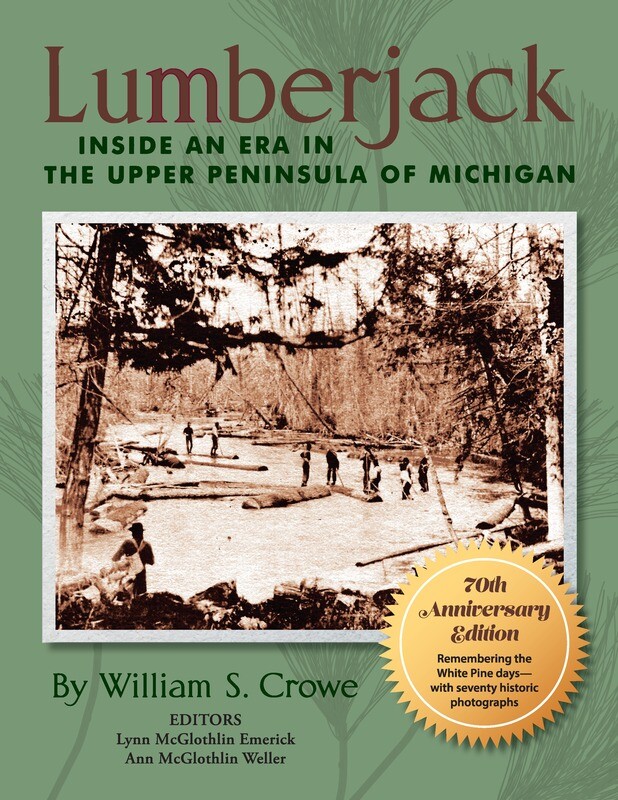
![The SideRoad Columnist [PB] The SideRoad Columnist [PB]](https://d2j6dbq0eux0bg.cloudfront.net/images/11280610/3725100287.jpg)

![Summers at the Lake [PB] --- RESALE ONLY Summers at the Lake [PB] --- RESALE ONLY](https://d2j6dbq0eux0bg.cloudfront.net/images/11280610/3050510539.jpg)
![Points North [PB] -- RESALE ONLY Points North [PB] -- RESALE ONLY](https://d2j6dbq0eux0bg.cloudfront.net/images/11280610/1202402232.jpg)
![Yooper Ale Trails [Hardcover] -- RESALE ONLY Yooper Ale Trails [Hardcover] -- RESALE ONLY](https://d2j6dbq0eux0bg.cloudfront.net/images/11280610/3552190948.jpg)
![Yooper Ale Trails [HC] Yooper Ale Trails [HC]](https://d2j6dbq0eux0bg.cloudfront.net/images/11280610/3552190948.jpg)
![Yooper Ale Trails [Paperback] -- RESALE ONLY Yooper Ale Trails [Paperback] -- RESALE ONLY](https://d2j6dbq0eux0bg.cloudfront.net/images/11280610/3552190948.jpg)
![Yooper Ale Trails [PB] Yooper Ale Trails [PB]](https://d2j6dbq0eux0bg.cloudfront.net/images/11280610/3552190948.jpg)
![U.P. Reader -- Volume #7 [HC] U.P. Reader -- Volume #7 [HC]](https://d2j6dbq0eux0bg.cloudfront.net/images/11280610/5038221166.jpg)
![U.P. Reader -- Volume #7 [PB] U.P. Reader -- Volume #7 [PB]](https://d2j6dbq0eux0bg.cloudfront.net/images/11280610/3533398183.jpg)
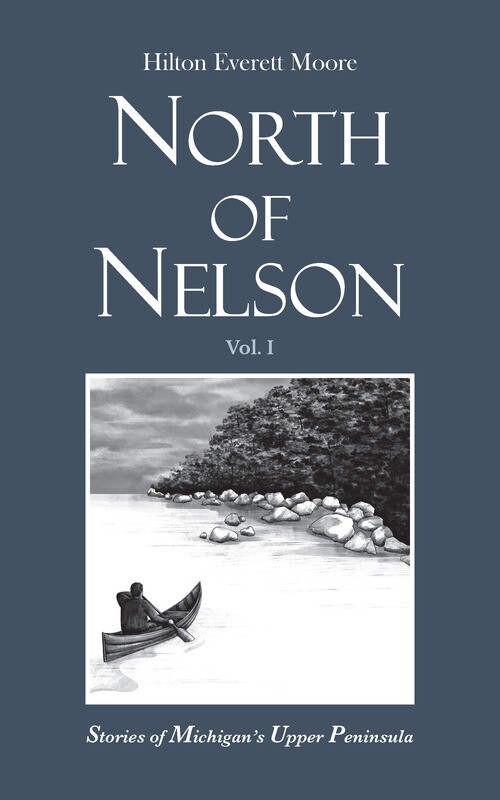
![Cady and the Birchbark Box [PB] Cady and the Birchbark Box [PB]](https://d2j6dbq0eux0bg.cloudfront.net/images/11280610/3091097213.jpg)
![Summers at the Lake [PB] Summers at the Lake [PB]](https://d2j6dbq0eux0bg.cloudfront.net/images/11280610/3050510539.jpg)
![U.P. Reader -- Volume #6 [PB] U.P. Reader -- Volume #6 [PB]](https://d2j6dbq0eux0bg.cloudfront.net/images/11280610/5038235041.jpg)
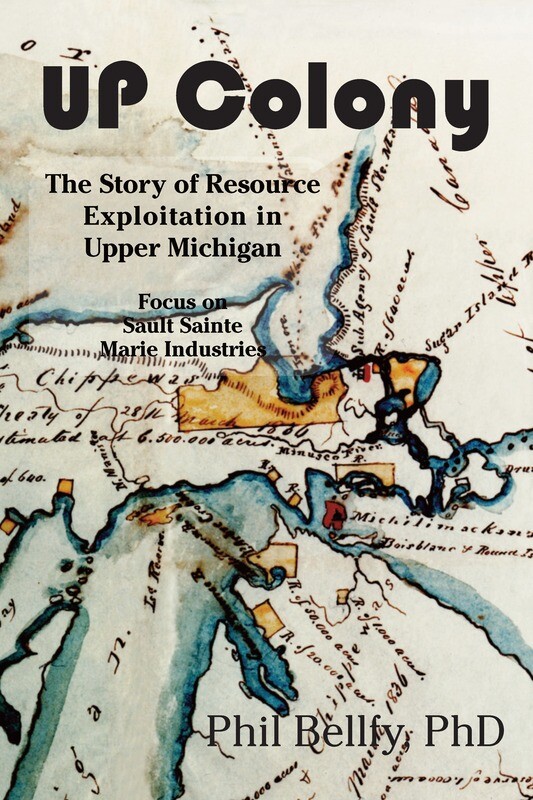

First inhabited by Algonquian-speaking native American tribes, the area was explored by French colonists, then occupied by British forces, before being ceded to the newly established United States in the late 18th century. After being assigned to various territorial jurisdictions, it was granted to the newly formed state of Michigan as part of the settlement of a dispute with Ohio over the city of Toledo. The region’s exploitable timber resources and the discovery of iron and copper deposits in the 19th century brought immigrants, especially French Canadian, Finnish, Swedish, Cornish, and Italian. (The peninsula includes the only counties in the United States where a plurality of residents claim Finnish ancestry.[1]) With the exhaustion of readily available minerals, the area’s economy declined in the 20th century, largely becoming dependent on logging and tourism.






![Vigil [HC] Vigil [HC]](https://d2j6dbq0eux0bg.cloudfront.net/images/11280610/5374557115.jpg)
![Douglass Houghton [HC] Douglass Houghton [HC]](https://d2j6dbq0eux0bg.cloudfront.net/images/11280610/5374535252.jpg)
![Enduring Legacies [HC] Enduring Legacies [HC]](https://d2j6dbq0eux0bg.cloudfront.net/images/11280610/4955086149.jpg)

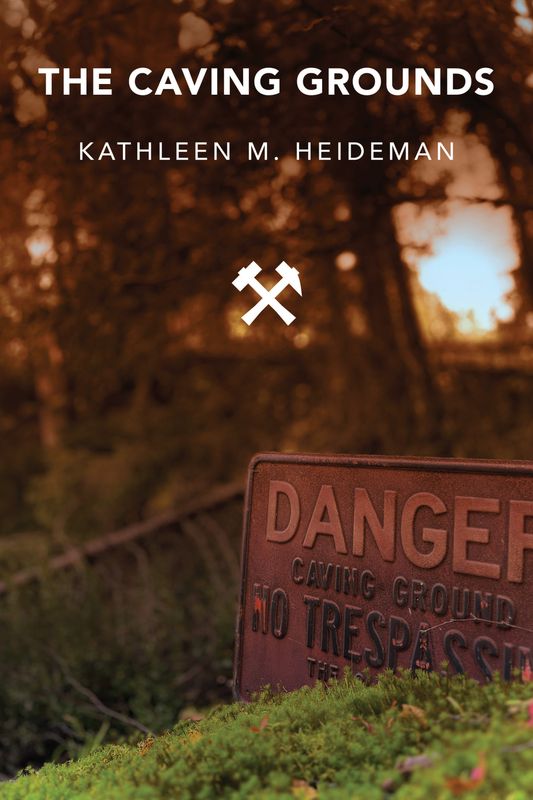

![Shipwrecked and Rescued [PB] Shipwrecked and Rescued [PB]](https://d2j6dbq0eux0bg.cloudfront.net/images/11280610/4608702317.jpg)

![Gift Horse: A Kat Wilde U.P. Mystery [PB] Gift Horse: A Kat Wilde U.P. Mystery [PB]](https://d2j6dbq0eux0bg.cloudfront.net/images/11280610/4538439614.jpg)
![Old Victoria [PB] Old Victoria [PB]](https://d2j6dbq0eux0bg.cloudfront.net/images/11280610/4432252866.jpg)

![Memories of a Mackinac Island Native [HC] --RESALE ONLY Memories of a Mackinac Island Native [HC] --RESALE ONLY](https://d2j6dbq0eux0bg.cloudfront.net/images/11280610/4424080045.jpg)
![Yooper Poetry [HC] Yooper Poetry [HC]](https://d2j6dbq0eux0bg.cloudfront.net/images/11280610/5038225965.jpg)
![Relative Sanity [HC] Relative Sanity [HC]](https://d2j6dbq0eux0bg.cloudfront.net/images/11280610/4064744303.jpg)




![Yooper Poetry [PB] Yooper Poetry [PB]](https://d2j6dbq0eux0bg.cloudfront.net/images/11280610/5038225961.jpg)
